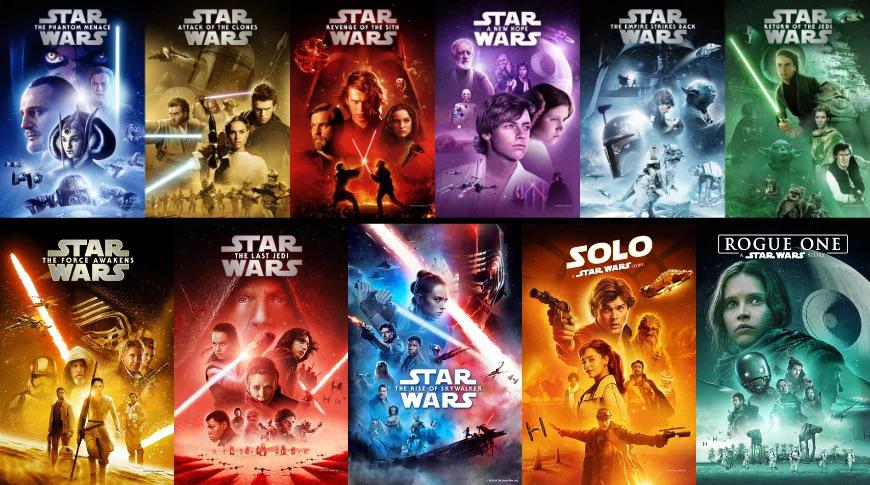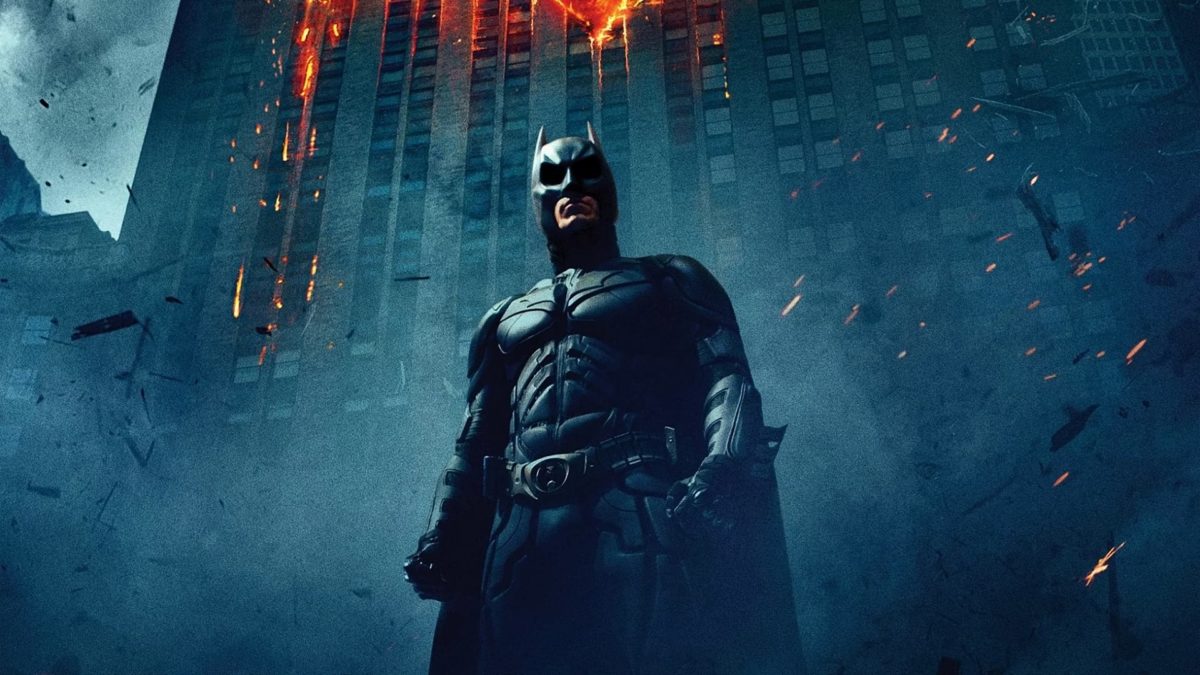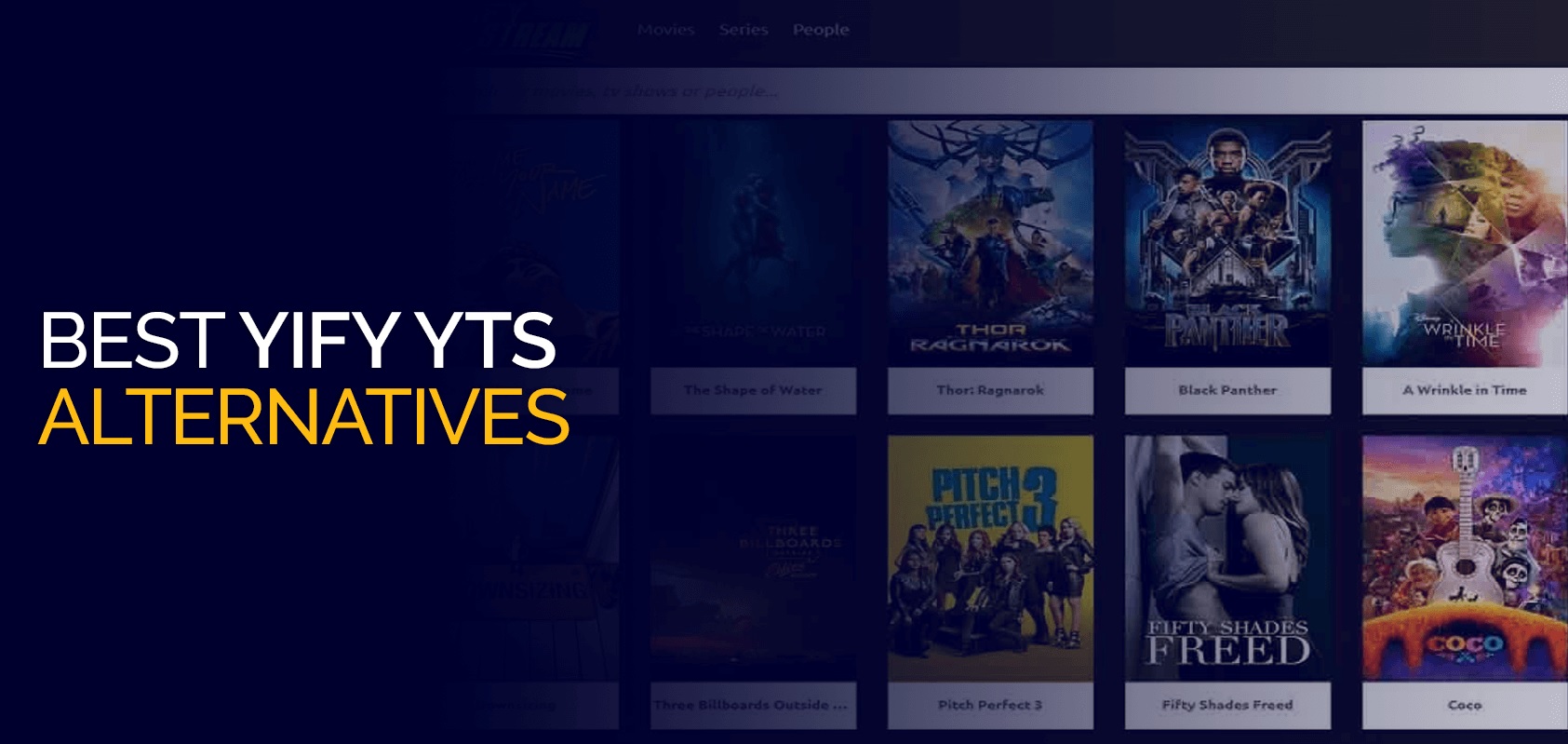Beginning as arcade amusements and a home console novelty, video games have undergone significant evolution. Some titles truly depart from their digital character to become cultural phenomena, generating an esports competitive scene, fan conventions, and large-budget film adaptations. The synergy between cinema and gaming is no longer an anomaly: it is a lucrative partnership where storylines transition seamlessly from monitor to movie screen, and virtual battles resonate in stadiums. Let’s shine the spotlight on three internationally iconic video game franchises that have not only taken over the world of esports but have also made their presence felt in Hollywood.
League of Legends: From Summoner’s Rift to Silver Screen
League of Legends has revolutionized the multiplayer online battle arena (MOBA) genre since its initial release by Riot Games in 2009. With a roster of hundreds of champions, strategies with several intricate layers, and hundreds of millions of players around the globe, it is hardly surprising that LoL has become a billion-dollar esports industry. The League of Legends World Championship is an annual event watched by millions worldwide, and the final matches are known to rival even traditional sports broadcasts in viewership.
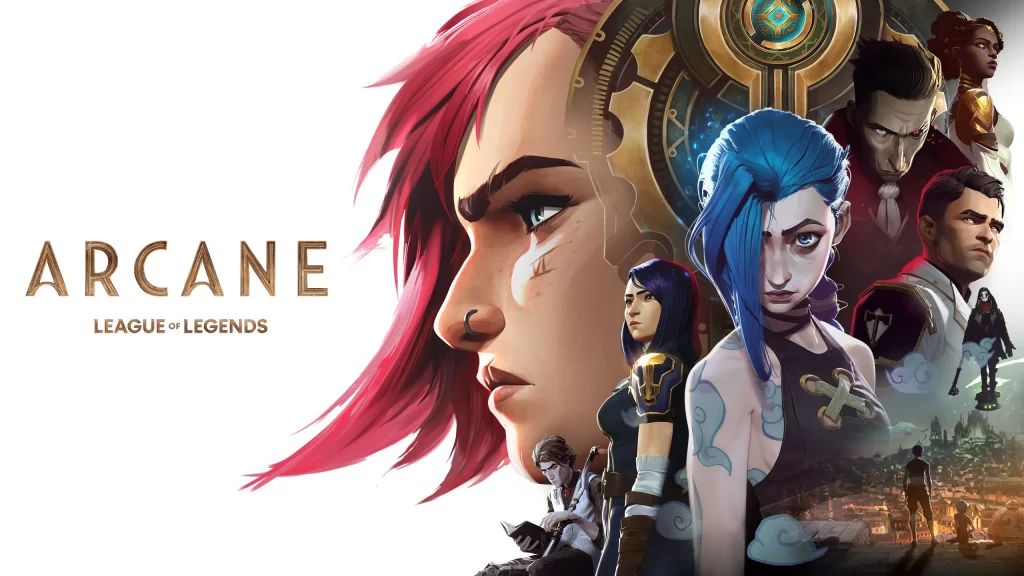
With its rich lore of characters and territories, Riot Games pushed further and published the Netflix Arcane animated series in 2021 rather than a cinematic one. It tells the story about the origins of fan-favorite champions, namely, Jinx and Vi, set in a world shattered by class conflict between Piltover and Zaun. With sensational animation, mature themes, and compelling character arcs, Arcane attained almost universal acclaim and mainstream acceptance, winning numerous Emmy awards and earning praise even beyond the gaming community. It demonstrated that with a sufficient degree of artistic care and narrative ambition, an interpretation of game-based storytelling could strike a chord.
Warcraft: A Fantasy Titan on Two Fronts
Warcraft, developed by Blizzard Entertainment, originated as a real-time strategy game in 1994 but truly blossomed with the advent of World of Warcraft in 2004. This MMORPG instantly became a massive hit when millions upon millions of players were attracted to the allure of the high-fantasy universe of Azeroth. The game boasts enormous lore, huge raids, and player-versus-player fights, and stands as one of the nascent stages of esports with regular tournaments like the Arena World Championship.
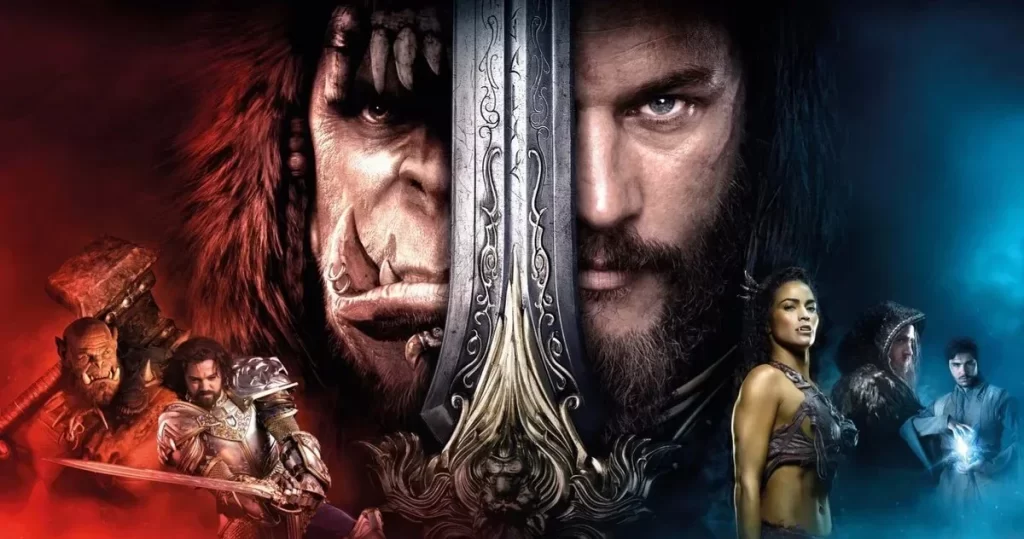
In 2016, Warcraft took its Hollywood bow with Duncan Jones at the helm. Titled Warcraft, the film followed the origins of the eruption between humans and orcs, drawing directly from the game’s foundational story. This comes with the caveat that it was critically mixed but performed very well internationally, especially in China, where it became one of the highest-grossing video game films of all time. It proved that Warcraft was top-tier world-building: vivid, dramatic, and ripe for visual storytelling — and it cemented the franchise’s presence before an audience unfamiliar with the games.
Halo: From Interstellar Combat to Hollywood Ambition
Making its debut in 2001, Bungie’s Halo (and later 343 Industries) reshaped the first-person-shooter genre for the console platforms. The game introduced the world to the quiet super-soldier known as Master Chief, caught up in a sprawling galaxy-wide conflict between humanity and the Covenant. The multiplayer format did not just create a new model of online console multiplayer use; Morton Moore, the narrative-oriented story mode, received praise for its depth, lore, and full orchestral score. Halo’s staggering success also fostered a passionate esports community and culture, spawning some of the largest esports competitions in the world, ranging from the Halo Championship Series to DreamHack tournaments.

Cinematically, Halo has had a long and winding road. After that early Peter Jackson-produced movie did not take off, the franchise found itself perfectly molded for television in the form of Halo: The Series, which launched in 2022 on Paramount+. The show delves into the broader universe of Halo and brings a few more layers to Master Chief’s enigmatic personality. Although radical fans had mixed reactions, the series undeniably helped bring the franchise into the mainstream, blending low-key sci-fi spectacle with intense personal drama. With plans for further seasons and an audible growing crowd, the line between game and screen is becoming even blurrier with Halo.
The Bridge Between Competition and Cinema
As gaming continues to transition into a worldwide entertainment franchise, it makes sense that platforms like ggbet esports want to act as connectors for the gaming experience and its spectatorship. It is an aggregation of esports betting, news, and live coverage of esports tournaments while leveraging some of the same adrenaline and anticipation that drive professional gamers and blockbuster films. Whether you are rooting for your favorite League team or rewatching Arcane’s explosive conclusion, the hip intersection of fandom and competition has never felt so alive.
Final Cut: A Legacy in Pixels and Film
These exemplary franchises, including League of Legends, Warcraft, and Halo, have helped set the stage for the world of esports and have also proven their storytelling capabilities in the film space. Their respective journeys to film and series are different forms and sensibilities, but they all convey the simple idea that great storytelling transcends form. With the growth of technological innovation, we can expect convergence that may produce even more exciting, interactive storytelling experiences at the intersection of two vastly different ideas. The wave of a console, into a cinema seat, into the esports arena has just begun!

